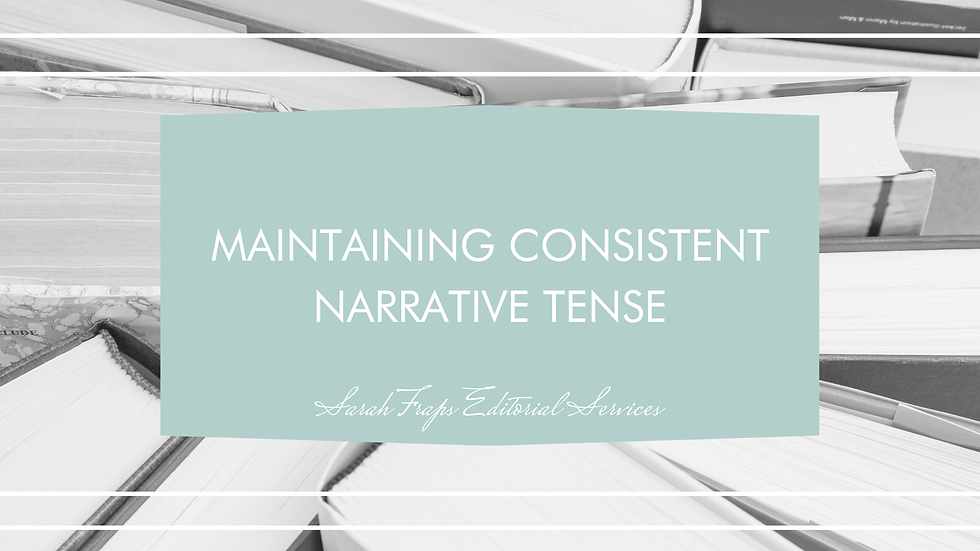Elements of a successful book: metadata
- Sarah Fraps

- Jul 20, 2023
- 2 min read
Metadata feels like a nebulous term, and for many writers, it’s components seem hard to pin down. However, it’s vital that your book has accurate, high quality metadata to gain visibility in the crowded world of the internet.

What is metadata?
Simply put, metadata is any piece of data that describes your book. This can include what we might think of as “classic” data: title/subtitle, price, IBSN, publication date, and even your author name. But it can also include descriptive information about your book, like the genre, narrative viewpoint, or keywords that will connect your book to your intended audience. More on keywords in a bit.
This is why I dedicated an entire blog post to the importance of a good book title and well-written back cover blurb or book description. Both are pieces of metadata, and their wording (keywords again!) will help readers discover your book.
How is metadata used?
As I’ve hinted at, metadata is part of your book marketing and sales strategy. You won’t get very far with either if you don’t have quality metadata. In the age of e-books and online marketplaces, metadata makes it possible for your book to be found in a sea of thousands (really, hundreds of thousands and millions!) of books.
While metadata can’t make up for poor cover design or an unedited story, the elements of a successful book can work together to support your marketing and sales efforts. In short, metadata makes your book discoverable (what happens after that depends on factors covered in other blog posts).
Keywords
Keywords are the primary piece of metadata you’ll need to be discoverable online. There are many ways to come up with keywords that are relevant to your book.
First, I recommend taking a look at your back cover blurb or book description. Consider whether there are any phrases that could become a keyword. It could help to think about how you would describe your book to a friend who is unfamiliar with it or what you might put into a search engine to find it. Start a list!
For more ways to formulate keywords, consider:
Are there historical figures or important people in your book?
Does the story take place in a specific time period, era, or decade?
Is the setting a particular or well-known real-life place?
Who would you like to read your book? How old are they?
How would you describe your book’s genre?
How might you describe the protagonist in a few words?
For a final bit of research, head over to your favorite marketplace site for book buying and type potential keywords in the search engine to receive suggestions for similar keyword options. You never know what good combinations might pop up!
The good news
Once you’ve come up with your keywords, you’re not stuck with them forever. In fact, changing up your keywords over time will help your book stay relevant and on top of changing book trends. This is not a one-and-done activity. Consider revising your keywords from time to time as a part of your ongoing marketing strategy.
---
Elements of a Successful Book Blog series








Comments